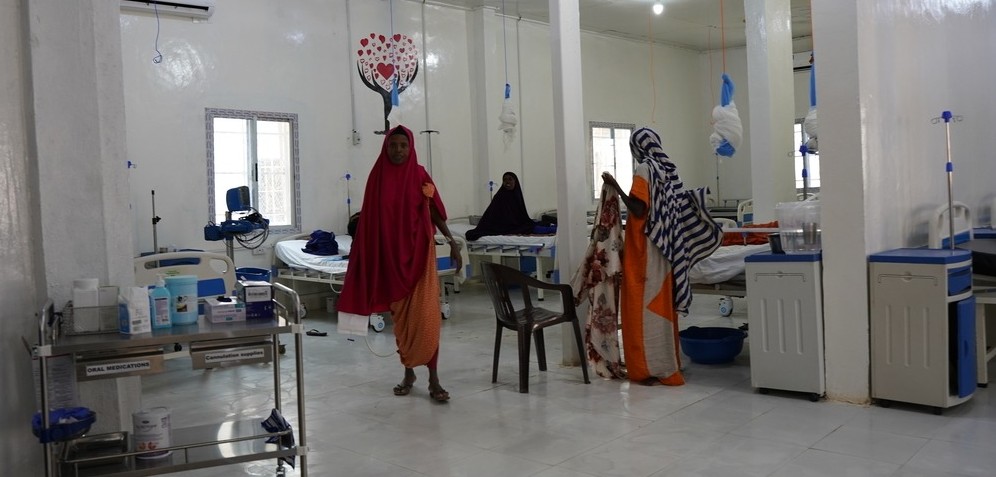Government bans hawking of green tea to streamline industry

According to Mutai, the move is part of ongoing reforms aimed at making the sector more sustainable and profitable.
The government has banned the hawking of green tea leaves as part of efforts to streamline the tea industry.
The Tea Board of Kenya (TBK) issued a directive warning tea producers and factories against engaging in such practices.
More To Read
- Eastleigh mall owners protest return of hawkers, call for county action
- Kenya, Iran form joint committee to resolve tea export ban within 60 days
- Government revokes licences of tea exporter accused of irregular trade with Iran
- Cold weather comfort: How to make spicy Somali tea (Shaah) at home
- Kenya land standoff sends warning to foreign-owned tea estates
- Why taking green tea in the morning is a game changer
“All tea factories and producers are hereby cautioned against engaging in green leaf hawking, collection of green along the roadside where there are no collection centres, using green brokers and using leaf collection vehicles that are not registered with the Board,” TBK CEO Willy Mutai said.
According to Mutai, the move is part of ongoing reforms aimed at making the sector more sustainable and profitable.
He said the measures will help improve the quality of tea processed by factories, leading to better prices and returns for farmers and investors.
“To actualise the above milestone, the Cabinet Secretary for Agriculture has issued a directive to tea producers and factories and has banned green leaf malpractice and other forms of malpractices perpetuated by the tea factories, producers, green leaf brokers and errant tea growers,” said Mutai.
Tea hawking involves farmers selling their green leaves to factories other than the ones they are registered with, which goes against the Tea Act of 2020.
The practice has increased due to the rise of private tea factories that offer higher prices to attract farmers.
TBK has linked this to a decline in tea quality, leading to poor earnings for farmers.
Agriculture Cabinet Secretary Mutahi Kagwe recently said the government is rolling out reforms to ensure farmers get better returns.
Kagwe added that the ministry will gazette new quality standards to prevent the harvesting and processing of low-quality tea.
He also announced plans to operationalise the Tea Act, of 2020, through additional regulations.
Top Stories Today











































